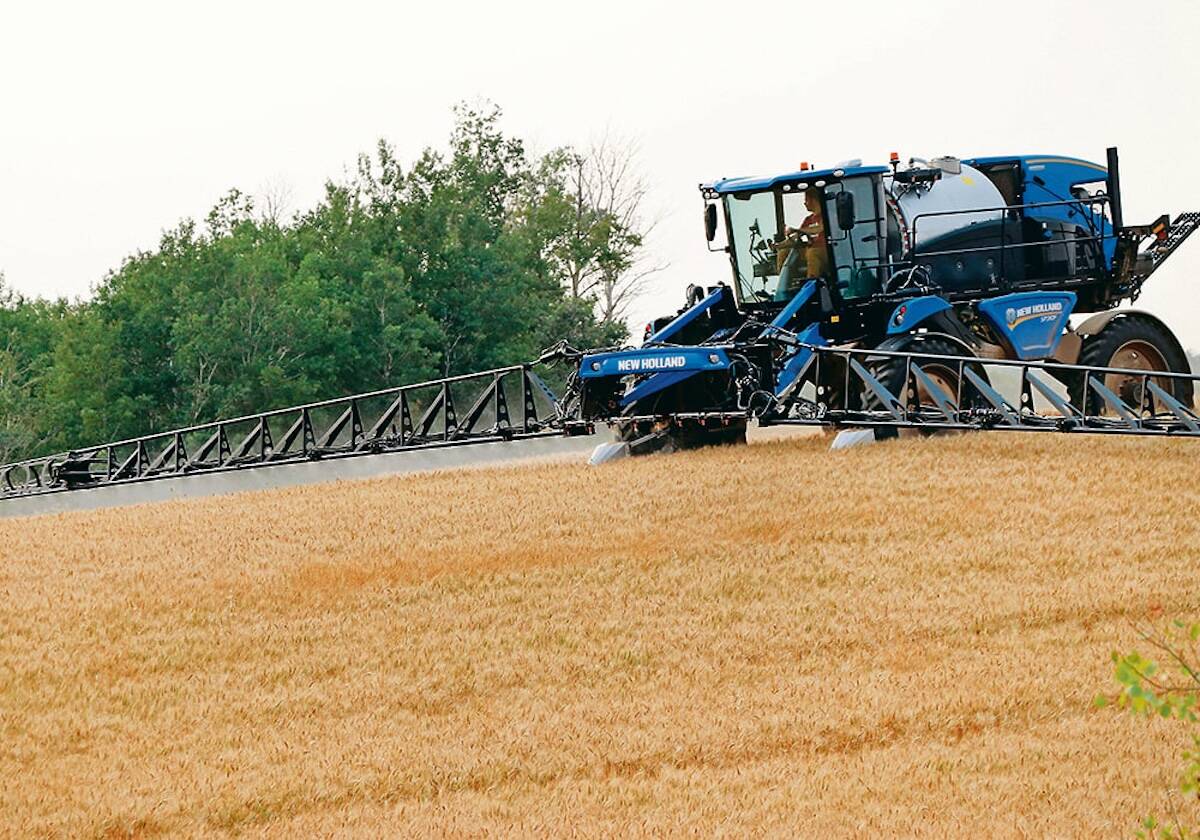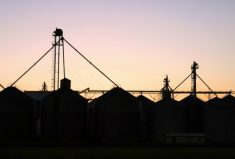The federal government has suddenly taken an interest in food.
It is about much more than growing agriculture and food exports, although that’s certainly one of the stated goals. It is beginning discussions toward a national food policy for the country.
As Glacier FarmMedia staff writer John Greig outlined in a recent article (“Farm and food talks bring new voices to the policy table,” Manitoba Co-operator, June 22) the approach appears to be wide open and seeking input from all quarters.
Read Also

Farming still has digital walls to scale
Canadian farms still face the same obstacles to adopting digital agriculture technology, despite the years industry and policy makers have had to break them down.
This could be both a good and bad thing, when one considers just how polarizing the debate can be over food, and just how much misinformation there is out there.
There are definitely important food-related topics that need to be addressed within Canada.
The first is food security. Most of us haven’t missed many meals for lack of food, but that’s not the experience of a growing number of Canadians. A 2016 report by the group Food Banks Canada stated in the month of March alone, more than 850,000 Canadians visited food banks, a number that has been steadily rising, up by nearly 30 per cent since 2008. A shocking number of those visitors, close to 300,000 of them, were children.
Sean Pegg, the organization’s director of policy and research told media at the time of the release, “That’s enough kids to fill 6,000 school buses.”
In Winnipeg alone that amounts to 30,000 children, children who are now entering their most food-insecure period. While more fortunate children are thinking of summer camps and other fun-filled seasonal activities, these kids are faced with the end of school breakfast and lunch programs, which in many cases are their most secure source of meals.
Local volunteers, often dipping into their own pockets, according to media reports, do heroic service to ensure at least some of these children remain fed while school is out.
When a wealthy country like Canada has that many hungry children, it’s a moral crisis that must be addressed.
Another issue, highlighted by the recent closure of the Churchill rail line due to flooding, is food security and affordability in the North.
A report, Is Healthy Food on the Table for Northern Manitoba?, from the University of Manitoba’s Natural Resources Institute highlights some of the challenges. It found food in remote locations to be “twice the cost and half the quality,” and noted residents of remote communities have a food insecurity rate of 75 per cent, eight times higher than the national rate.
The key issue appears to be the long and difficult supply chains for these communities. Transportation costs are rising, and with global warming winter roads, a critical link for these towns, villages and First Nations, are becoming ever-more uncertain.
In the context of broader Canadian society, there are lots of worthwhile points to examine. One is the obesity crisis, which now affects one in five Canadians. In addition, another 40 per cent of the population is considered overweight.
All of these food-related issues affect the whole country. Food insecurity, for example, is a reliable predictor of health system use. Failing to act early and address food security issues carries a far higher price tag later, when these citizens find themselves facing health crises.
Obesity is a slow-motion killer that likewise gobbles up scarce health dollars through chronic health conditions and diseases such as heart attacks and diabetes.
Clearly there’s plenty on the agenda worth discussing, but the risk is hot-button topics could derail an important process. Evan Fraser of the University of Guelph’s Arrell Food Policy Institute said it best in the recent story in this publication.
“I’m really, really worried that when we get into the ‘must be organic,’ and, ‘must be GM seed,’ major policy initiatives will be completely derailed,” he told John Grieg.
In this spirit, farm groups have become involved in the discussion at an early stage, and show real signs of commitment to seeing the process through to its conclusions.
The Canadian Federation of Agriculture, for example, hosted a forum in Ottawa June 5 which brought together some of the non-traditional parties along with representatives of the farm sector, in an effort to “get ahead” of the upcoming, and very complex, discussions.
The CFA is showing real foresight in doing so, and hopes to find some allies for the upcoming discussions.
Whether this strategy works or not, speaking early and often to some of these other interested parties certainly can’t hurt their cause. If nothing else it will set the stage for further discussions later.
The next 18 months offer a real opportunity to put food and farming policies in the forefront. The biggest mistake would be to ignore it.


















